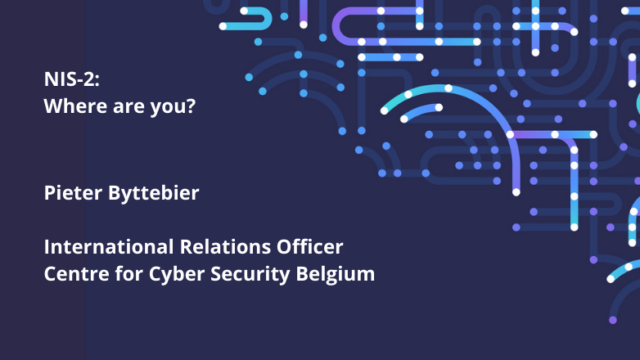A strategic weapon against Covid-19 infections spiking, will be contact tracing apps for nipping new outbreaks in the bud. However, such an app is fraught with privacy issues. Bart Preneel presented an extremely clear and extensive explanation how these apps should and can be made both effective and respectful of privacy!
Starting with a quick overview how apps have been used in the battle against Covid-19, Bart Preneel focused on how to apply apps to contain the pandemic, by providing information on contacts of people before they show symptoms. Basically, you want to know who was near an infected person for a significant period of time. Say, closer than 1,5 m for about 15 minutes. Those people should be contacted to get them tested. Using the Bluetooth technology in mobile phones can capture this information.
Two developments are key. The development of the Exposure Notification API by Google and Apple allows for the basic exchange of data between phones for use by contact tracing apps. Even more important is the Decentralized Privacy-Preserving Proximity Tracing protocol (DP-3T), of which Bart Preneel is a co-developer. He explains how D3-PT as foundation of contact tracing apps instills trust in users and allows for cross-border interoperability. An extensive explanation of the working of such an app is given!
Actually, Belgium’s being rather late in the contact tracing app game is somewhat of an advantage, as our country can benefit from the efforts of other countries. And learn from mistakes made in other countries (e.g. France).
Contact tracing is a sensitive topic, with dangers in both manual and technological approaches, and plenty of unreliable information. Consider this presentation of Bart Preneel as a ‘single source of truth’!









